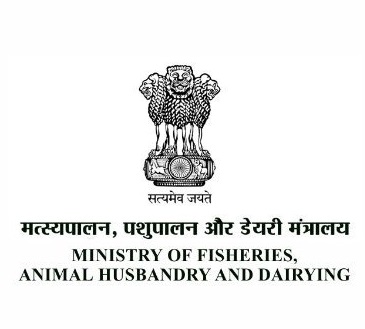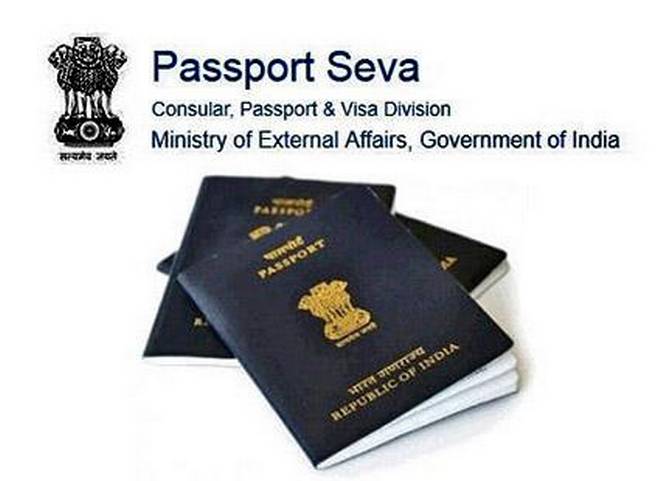
In a landmark development for India’s poultry industry, the World Organisation for Animal Health (WOAH) has granted approval to India’s self-declaration of freedom from Highly Pathogenic Avian Influenza (HPAI) in specific poultry compartments. This recognition highlights India’s unwavering commitment to maintaining stringent standards of animal health and biosecurity.
Zoning and compartmentalization are essential tools employed to establish and manage groups of animals with specific health statuses for the purposes of international trade and disease prevention. Compartmentalization involves identifying a sub-population of animals with a defined health status within a national territory. Maintaining this status requires strict adherence to the standards outlined in the WOAH Terrestrial Code and related disease-specific recommendations.
Highly Pathogenic Avian Influenza (HPAI), or Bird Flu, was first detected in India in Maharashtra in February 2006, leading to annual outbreaks in various regions and substantial economic losses. The disease has been reported in 24 states and union territories, resulting in the culling of over 9 million birds to curb its spread.
India’s approach to managing HPAI follows a “detect and cull” policy, as outlined in the National Action Plan for Prevention, Control, and Containment of Avian Influenza. This response includes the humane destruction of infected and exposed animals, eggs, feed, litter, and other contaminated materials. Measures like movement restrictions for poultry and their products, premises disinfection, and post-operative surveillance plans have been implemented. Notably, vaccination against HPAI is not allowed in India.
Despite these challenges, India has proactively adopted poultry compartmentalization to mitigate the risks of HPAI. Compartmentalization enhances animal health, minimizes the risk of disease outbreaks within and outside compartments, and facilitates poultry and poultry-related product trade.
The Department of Animal Husbandry & Dairying, Government of India, submitted a self-declaration of freedom from HPAI in 26 poultry compartments to WOAH. On October 13, 2023, the declaration was approved by WOAH, coinciding with World Egg Day. These poultry compartments are situated in Maharashtra, Tamil Nadu, Uttar Pradesh, and Chhattisgarh. This recognition reflects India’s adherence to international biosecurity standards and is expected to boost the export potential of Indian poultry and poultry products, including meat and eggs.
India, as the world’s third-largest egg producer (129.60 billion) and the fifth-largest poultry meat producer (4.47 million tonnes), is poised to benefit significantly from this achievement. In the 2022-23 fiscal year, India exported poultry and poultry products to 64 countries, generating revenue of 134 million USD. The approval of this self-declaration is anticipated to open up new avenues for Indian poultry in the global market, contributing to the nation’s economic growth.







Leave a Reply
You must be logged in to post a comment.